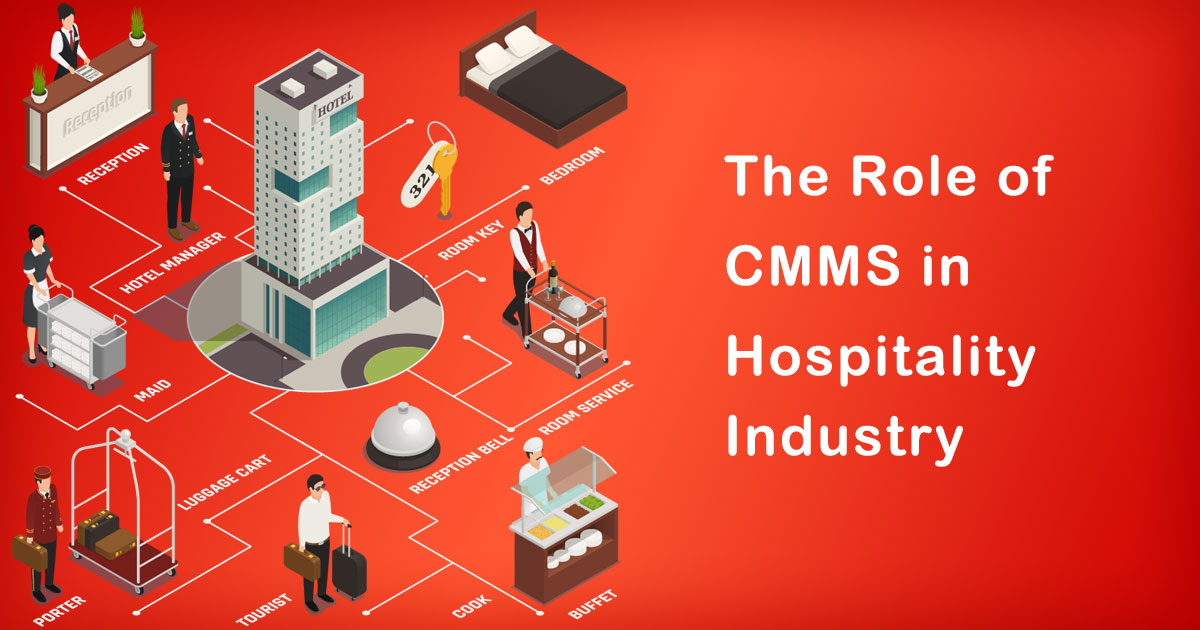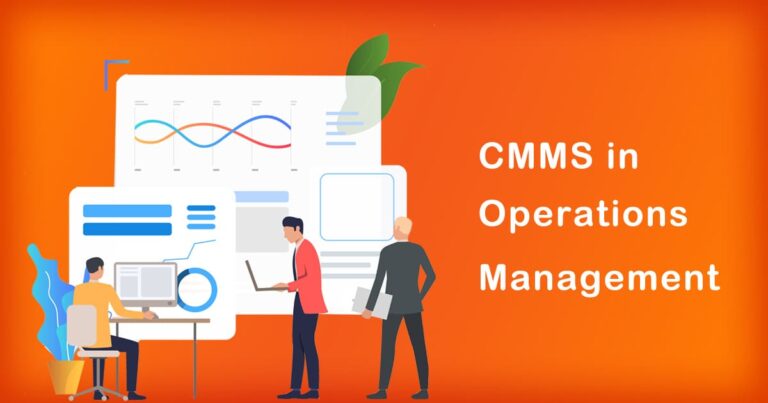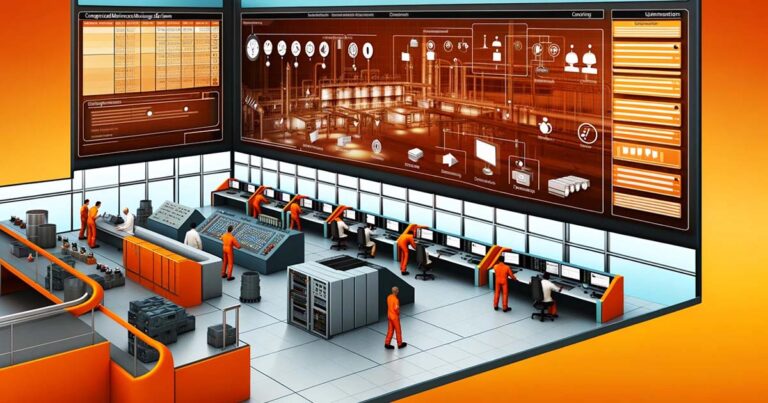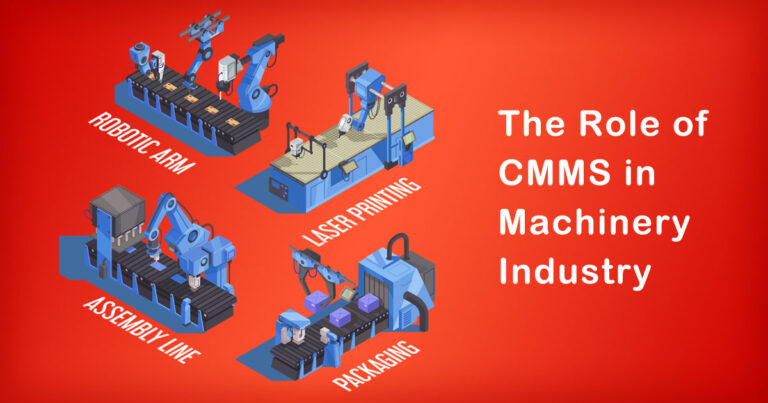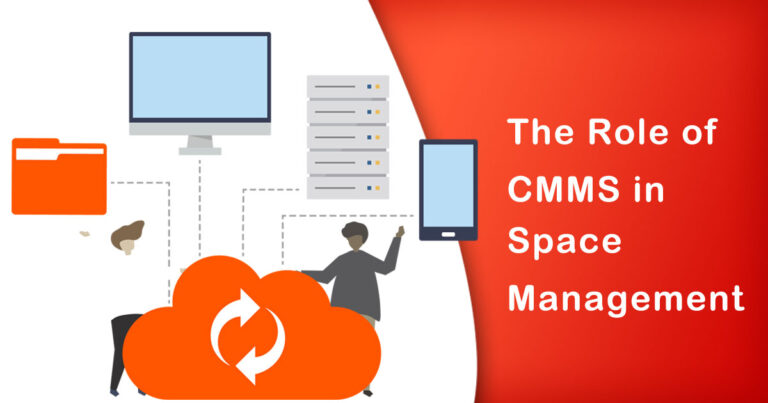Introduction
In the fast-paced and demanding world of the hospitality industry, effective management is crucial to ensure smooth operations and the ultimate satisfaction of guests. To achieve this, hotel managers and staff must rely on various tools and systems to streamline processes and enhance efficiency. One such essential tool that has revolutionized the way hotels manage their operations is the Computerized Maintenance Management System (CMMS). In this blog, we will explore the role of CMMS in the hospitality industry, specifically in the Indian context, and shed light on its benefits and applications.
Understanding CMMS
A Computerized Maintenance Management System (CMMS) is a software solution designed to aid organizations in managing and optimizing their maintenance operations. It acts as a centralized database that enables hotel managers and maintenance teams to track, schedule, and organize maintenance activities efficiently. CMMS software typically includes features such as work order management, asset management, preventive maintenance scheduling, inventory management, and reporting capabilities.
Benefits of CMMS in the Hospitality Industry
1. Streamlined Maintenance Operations:
CMMS allows hotels to streamline their maintenance operations by digitizing and automating various processes. Maintenance tasks can be easily scheduled, assigned, and tracked, ensuring that equipment and facilities are properly maintained. This proactive approach minimizes downtime and helps prevent costly repairs and breakdowns.
2. Improved Asset Management:
Hotels rely on a wide range of assets, from HVAC systems to kitchen equipment and guest room amenities. CMMS helps track and manage these assets effectively, providing information on their maintenance history, warranties, and life cycles. This allows hotel managers to make informed decisions regarding repairs, replacements, and upgrades, optimizing asset performance and extending their lifespan.
3. Enhanced Guest Experience:
A well-maintained property is essential for providing an exceptional guest experience. CMMS helps hotels deliver on this front by ensuring that all facilities and amenities are in optimal condition. Regular maintenance and preventive inspections can be scheduled and tracked through CMMS, reducing the risk of equipment failures or guest inconveniences during their stay.
4. Efficient Inventory Management:
Efficient inventory management is crucial for minimizing costs and ensuring that supplies are readily available when needed. CMMS enables hotels to maintain accurate inventory records, automatically generate purchase orders, and track stock levels. By having a clear view of inventory, hotels can avoid overstocking or understocking, resulting in cost savings and uninterrupted operations.
5. Compliance and Safety:
The hospitality industry is subject to various regulations and safety standards. CMMS helps hotels stay compliant by scheduling regular inspections, tracking maintenance activities, and generating compliance reports. By adhering to these standards, hotels can mitigate risks, maintain guest safety, and protect their brand reputation.
Applications of CMMS in the Indian Hospitality Industry
The Indian hospitality industry has witnessed rapid growth in recent years, with a diverse range of accommodation options catering to both domestic and international tourists. CMMS plays a vital role in ensuring the smooth functioning of hotels in India. Some notable applications include:
1. Facility Maintenance:
CMMS helps hotel managers efficiently maintain the building’s infrastructure, including electrical systems, plumbing, and structural elements. By automating maintenance workflows, CMMS reduces response times and ensures timely resolution of issues.
2. Guest Room Maintenance:
Proper maintenance of guest rooms is essential for guest satisfaction. CMMS aids in scheduling routine inspections, managing repairs, and tracking housekeeping tasks to ensure that guest rooms are well-maintained and equipped.
3. Food and Beverage Equipment Maintenance:
Restaurants and banquet facilities within hotels require specialized equipment maintenance. CMMS assists in tracking and scheduling maintenance tasks for kitchen appliances, refrigeration systems, and other food service equipment, ensuring optimal functionality and food safety.
4. Spa and Recreational Facilities:
Many hotels in India offer spa and recreational facilities. CMMS helps manage the maintenance of equipment such as pool pumps, saunas, and fitness equipment, ensuring their safe and efficient operation.
Conclusion
In conclusion, CMMS is a powerful tool that plays a vital role in the hospitality industry, enabling hotels to streamline maintenance operations, improve asset management, enhance the guest experience, and ensure compliance with regulations. In the Indian context, CMMS proves particularly beneficial given the rapid growth of the hospitality sector and the need for efficient management of diverse assets. By implementing a CMMS system, hotels can optimize their operations, reduce costs, and provide an exceptional experience to their guests. Embracing this technology is essential for staying competitive in the ever-evolving landscape of the Indian hospitality industry.


